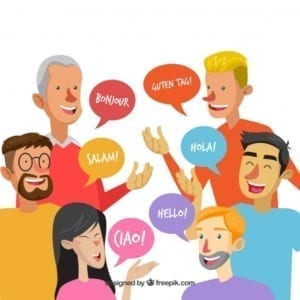When you read the description of our programs and workshops, you will notice that we boost and/or help you gain different kinds of skills. The following descriptions will make your choice easier:
Transferable skills
Transferable skills are often referred to as “portable” or “universal” skills because they are utilized in numerous situations and obtained through various sources (such as school, work, volunteer activities, etc.), deliberately or unintentionally.
Get a list of transferable skills here:
https://www.umsl.edu/depts/career/Students/Transferable%20Skills.pdf

Hard skills
Hard skills are teachable abilities or quantifiable skill sets that you obtain in the classroom, through books, training materials or working.
Examples of hard skills include:
- Proficiency in a foreign language
- A degree or certificate
- Typing speed
- Machine operation
- Computer programming
Soft skills
Soft skills, on the other hand, are subjective. They are also called “people skills” or “interpersonal skills” because they depend on how you relate to and interact with others.
Examples of soft skills include:
- Communication

- Flexibility
- Leadership
- Motivation
- Patience
- Persuasion
- Problem solving abilities
- Teamwork
- Time management
- Work ethic
Source: https://www.thebalancecareers.com/hard-skills-vs-soft-skills-2063780
Essential Skills Training
Training to develop one or more of the nine essential skills defined by Employment and Skills Development Canada:
- Reading
- Writing
- Document use
- Numeracy
- Computer use/digital skills
- Thinking
- Oral communication
- Working with others
- Continuous learning
Source: https://www.canada.ca/en/employment-social-development/programs/essential-skills/definitions.html
Occupational Skills
Skills training related to a job, including training to develop skills required to operate a particular machine or use a particular technology; sector specific skills and short-term certificate training required and recognized by industry.
Images by Freepik
